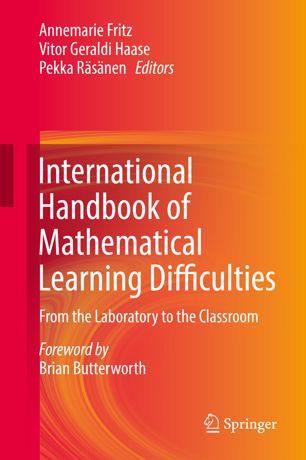

Most ebook files are in PDF format, so you can easily read them using various software such as Foxit Reader or directly on the Google Chrome browser.
Some ebook files are released by publishers in other formats such as .awz, .mobi, .epub, .fb2, etc. You may need to install specific software to read these formats on mobile/PC, such as Calibre.
Please read the tutorial at this link: https://ebookbell.com/faq
We offer FREE conversion to the popular formats you request; however, this may take some time. Therefore, right after payment, please email us, and we will try to provide the service as quickly as possible.
For some exceptional file formats or broken links (if any), please refrain from opening any disputes. Instead, email us first, and we will try to assist within a maximum of 6 hours.
EbookBell Team

4.0
56 reviewsThis comprehensive volume provides teachers, researchers and education professionals with cutting edge knowledge developed in the last decades by the educational, behavioural and neurosciences, integrating cognitive, developmental and socioeconomic approaches to deal with the problems children face in learning mathematics.
The neurocognitive mechanisms and the cognitive processes underlying acquisition of arithmetic abilities and their significance for education have been the subject of intense research in the last few decades, but the most part of this research has been conducted in non-applied settings and there’s still a deep discrepancy between the level of scientific knowledge and its implementation into actual educational settings. Now it’s time to bring the results from the laboratory to the classroom.
Apart from bringing the theoretical discussions to educational settings, the volume presents a wide range of methods for early detection of children with risks in mathematics learning and strategies to develop effective interventions based on innovative cognitive test instruments. It also provides insights to translate research knowledge into public policies in order to address socioeconomic issues. And it does so from an international perspective, dedicating a whole section to the cultural diversity of mathematics learning difficulties in different parts of the world.
All of this makes the International Handbook of Mathematical Learning Difficulties an essential tool for those involved in the daily struggle to prepare the future generations to succeed in the global knowledge society.